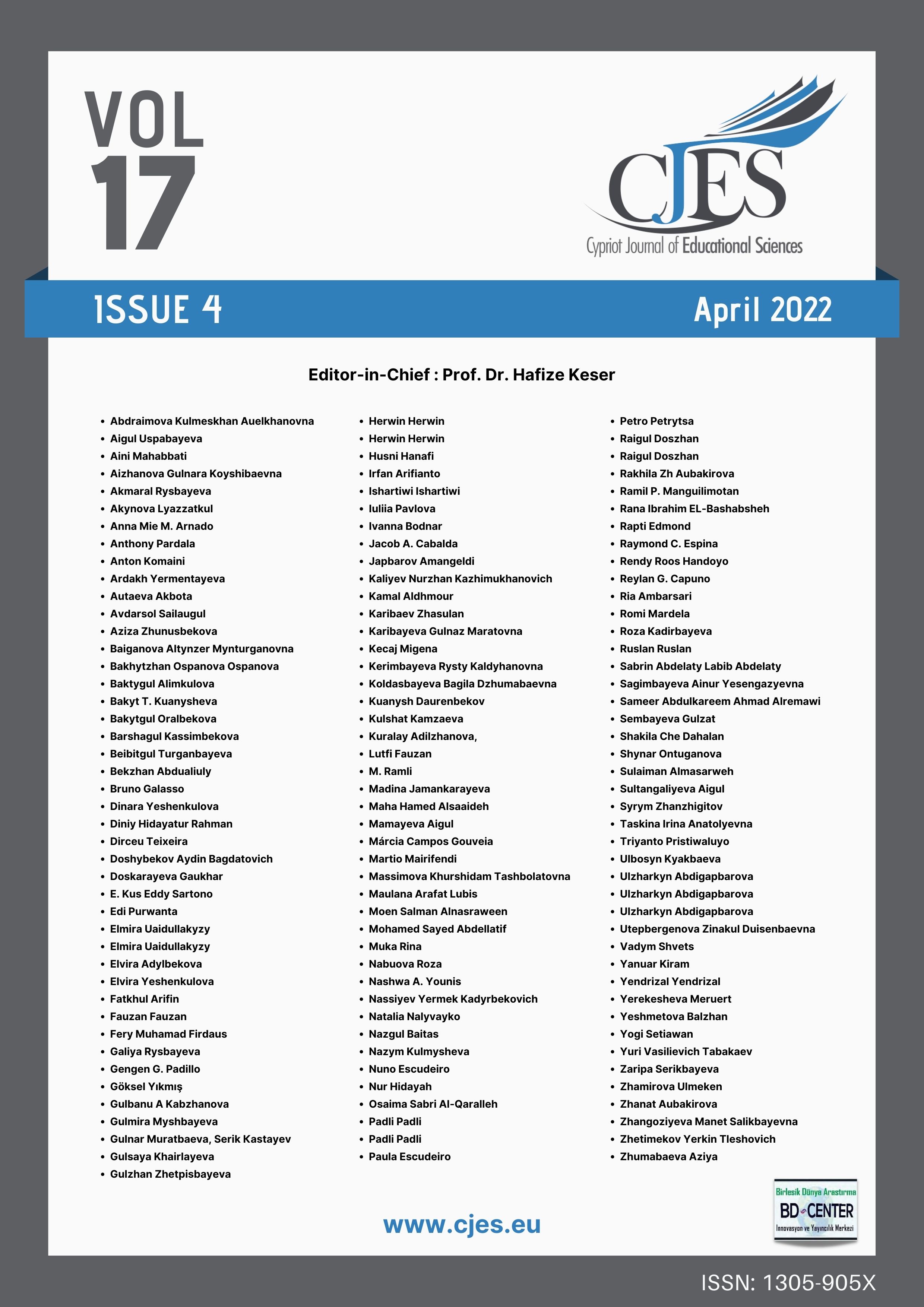The effectiveness of a realistic counselling programme to develop taking-responsibility among hearing-impaired students
Main Article Content
Abstract
This study aimed at identifying the effectiveness of a realistic counselling programme for developing taking responsibility among a sample of hearing-impaired students. The sample consisted of 26 hearing-impaired students. To verify the effectiveness of the programme, the participants were randomised equally into two groups: the experimental group 13 male and female students who underwent the realistic programme and 13 students within the control group who were not subjected to the counselling programme. The researchers developed a valid and reliable scale to measure taking responsibility to achieve the purposes of this study. The findings indicated that the level of taking responsibility for the hearing-impaired students expected to graduate from the Jordanian universities was moderate, and there were significant differences between the post-test performance mean scores of the participants in the experimental and control groups in taking responsibility in favour of the experimental group due to the counselling programme.
Keywords: Counselling programme, hearing impaired, realistic therapy, taking responsibility, Jordan.
Downloads
Article Details

This work is licensed under a Creative Commons Attribution 4.0 International License.
Cypriot Journal of Educational Sciences is an Open Access Journal. The copyright holder is the author/s. Licensee Birlesik Dunya Yenilik Arastirma ve Yayincilik Merkezi, North Nicosia, Cyprus. All articles can be downloaded free of charge. Articles published in the Journal are Open-Access articles distributed under a CC-BY license [Attribution 4.0 International (CC BY 4.0)].
Birlesik Dunya Yenilik Arastirma ve Yayincilik Merkezi (BD-Center)is a gold open-access publisher. At the point of publication, all articles from our portfolio of journals are immediately and permanently accessible online free of charge. BD-Center articles are published under the CC-BY license [Attribution 4.0 International (CC BY 4.0)], which permits unrestricted use, distribution, and reproduction in any medium, provided the original authors and the source are credited.

